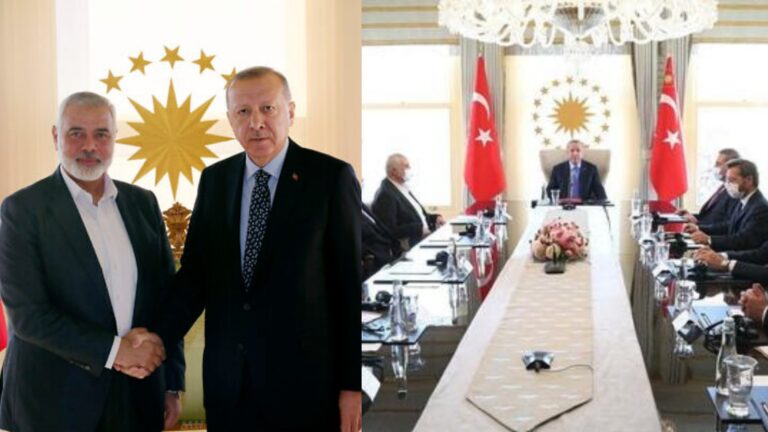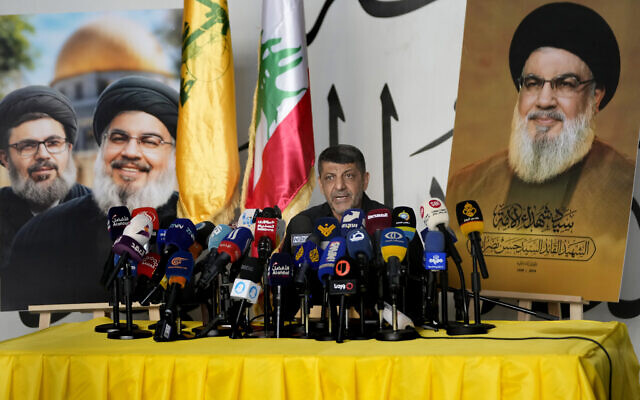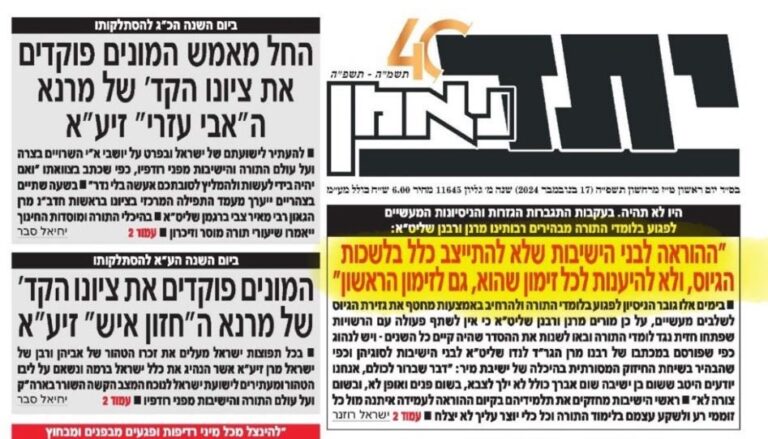 Lawmakers in the U.S. House of Representatives are due to vote on a tough Iran sanctions bill this week that seeks to squeeze the Islamic Republic’s oil exports to a trickle.
Lawmakers in the U.S. House of Representatives are due to vote on a tough Iran sanctions bill this week that seeks to squeeze the Islamic Republic’s oil exports to a trickle.
The Republican-led House is due to vote on Wednesday on the bill that seeks to cut Iran’s oil exports by another 1 million barrels per day within one year, congressional aides said.
The bill, expected to pass easily in the House, would not become law immediately as no companion legislation has yet passed in the Senate. The Senate Banking Committee could consider its version of a bill in September and then the legislation would move to the full chamber for a vote.
If the House acts this week it would highlight a divide between lawmakers in Congress and the some in President Barack Obama’s administration.
Many lawmakers are anxious to appear tough in trying to slow Iran’s disputed nuclear program, but Obama’s administration acted last week to partially ease sanctions on Iran, which last month elected president a relative moderate, the cleric Hassan Rouhani.
The U.S. Treasury Department last Thursday expanded the list of medical devices that can be exported to Iran without special permission, as the administration sought to show support for humanitarian needs in the country, which has been hit hard by Western sanctions.
The State Department has long cautioned that moving too fast in using sanctions to cut Iran’s oil exports could harm the economies of U.S. allies. Wendy Sherman, the State Department official leading talks with Iran over its nuclear program, told a Senate hearing last month it is not in the U.S. interest to cause any importer economy to tank because of stronger sanctions.
The House bill’s goal of slashing Iran’s oil exports to a trickle risks antagonizing China and India, the biggest buyers of Iran’s crude, and could push global oil prices higher.
Some supporters in the United States of stepped-up diplomatic efforts with Tehran worry that passing a House bill before Iran’s elected president Rouhini takes office on Aug. 3 could send the wrong message ahead of nuclear talks.
“The House must not snuff out hopes for Iranian moderation before Rouhini even gets a chance,” General Joseph Hoar, a former commander in chief of U.S. Central Command, and Lawrence Wilkerson, a former chief of staff to General Colin Powell, wrote in an opinion piece in The Hill newspaper last week.
Still, Robert McNally, the president of energy consultancy the Rapidan Group and former White House energy advisor to President George W. Bush, said that in effect Washington is working on a two-track strategy on Iran that could pay off. “For diplomacy to have any chance of succeeding, it must be coupled with the threat of increased sanctions,” McNally said.
(Reuters)











3 Responses
However the hon. Mr. Obama who is doing all he can to stop iran is against these sanctions because they will harm the “talks”
Lev Melochim Vesorim Beyad Hashem!
President Obama says and does only what Hashem wants!
The new president has no control over iran’s nuclear direction. That is controlled by Khomeini, the spiritual leader who is forging ahead